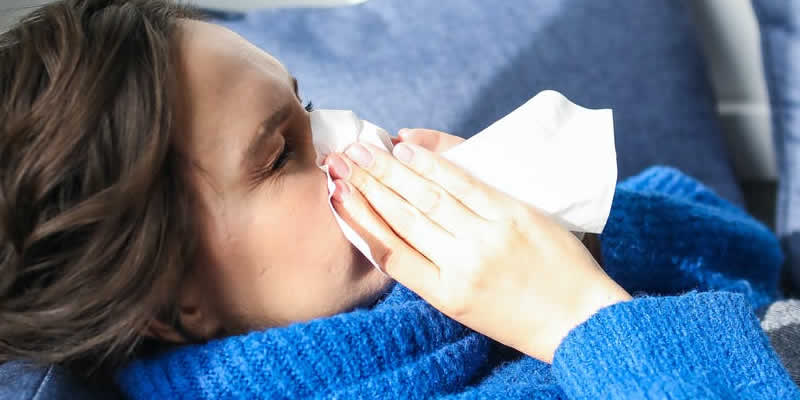Brits are being urged to stop “soldiering on” when they become unwell and call in sick for work.
Speaking during a joint session of the Health and Social Care and the Science and Technology committees, the Health Secretary Matt Hancock said the culture around calling in sick needed to change.
He said: “Why in Britain do we think it’s acceptable to soldier on and go into work if you have flu symptoms or a runny nose, thus making your colleagues ill?
“I think that’s something that is going to have to change. If you have, in future, flu-like symptoms, you should get a test for it and find out what’s wrong with you, and if you need to stay at home to protect others, then you should stay at home.
“We are peculiarly unusual and outliers in soldiering on and still going to work, and it kind of being the culture that ‘as long as you can get out of bed you still should get into work’. That should change.”
He also said he would like to replicate the COVID-19 testing approach for other health conditions, such as the flu once the pandemic had passed.
At the moment, the UK can now carry out more than 500,000 coronavirus tests a day and once new labs open up next year, it is thought that number will double.
Mr Hancock added: “This year there’s been far fewer respiratory and other communicable diseases turning up in the NHS.
“I want this massive diagnostics capacity to be core to how we treat people in the NHS so that we help people to stay healthy in the first place, rather than just looking after them when they’re ill.”




